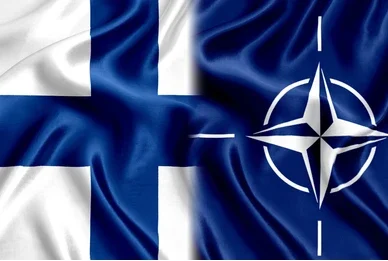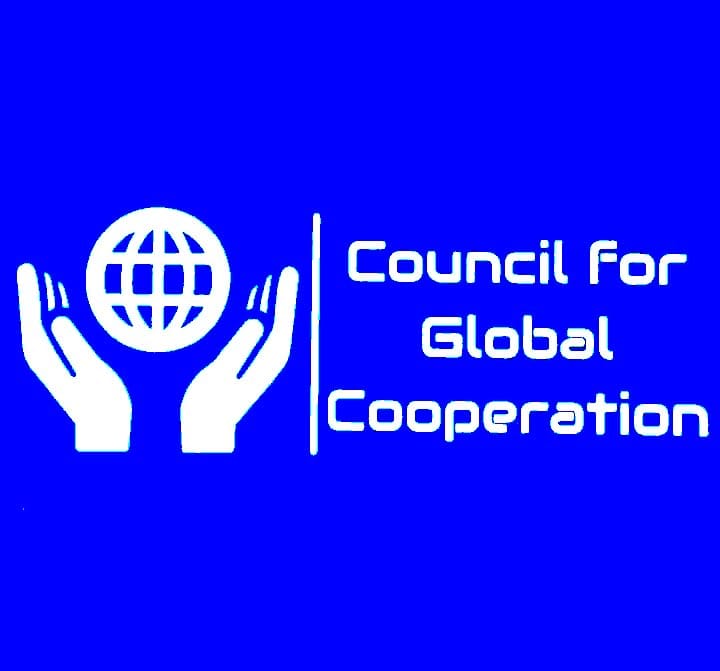The term “Cold War” originated in the 20th century to describe the new international order that arose after two world wars and the collapse of Europe as a power. The emergence of the United States and the Soviet Union as two massive superpowers with opposing ideologies sparked a global rivalry, commonly known as the Cold War.
Adopting a global approach to the theme, the Cold War Project aims to critically analyse the political, economic and cultural legacies of the Cold War and the great power competition that emerged in the aftermath of the 20th century. The focus of the vertex will not only be on the two main blocs (the West and the East), but also on the rest of the world that too often has been overshadowed, including the neutral countries or regions beyond Europe and North America, such as Asia, Africa, Latin America and Oceania.
The Cold War officially ended in 1991 with the dissolution of the Soviet Union, but the implications that have arisen from it are still relevant in today’s world. Great power competition has not stopped in the 1990s, as demonstrated by the various conflicts that broke out in the last decades. The role of China will be particularly scrutinised in order to assess its increasing relevance and influence in the great power struggle of contemporary history.
Today, the United States and China, often Russia as its ally, is in the midst of a new power struggle, often considered as the Great Power Competition. Therefore, the aim of the vertex shall also include understanding the modern day events and analysing the impact of the polarisation beyond Washington, Beijing and Moscow covering the regions of Asia, Africa, Latin America, Oceania, Poles to outer space and cyberspace. The clash between capitalism and communism around the planet will be analysed with a nonpartisan and neutral approach, as to consider the perspectives of all the actors involved.

